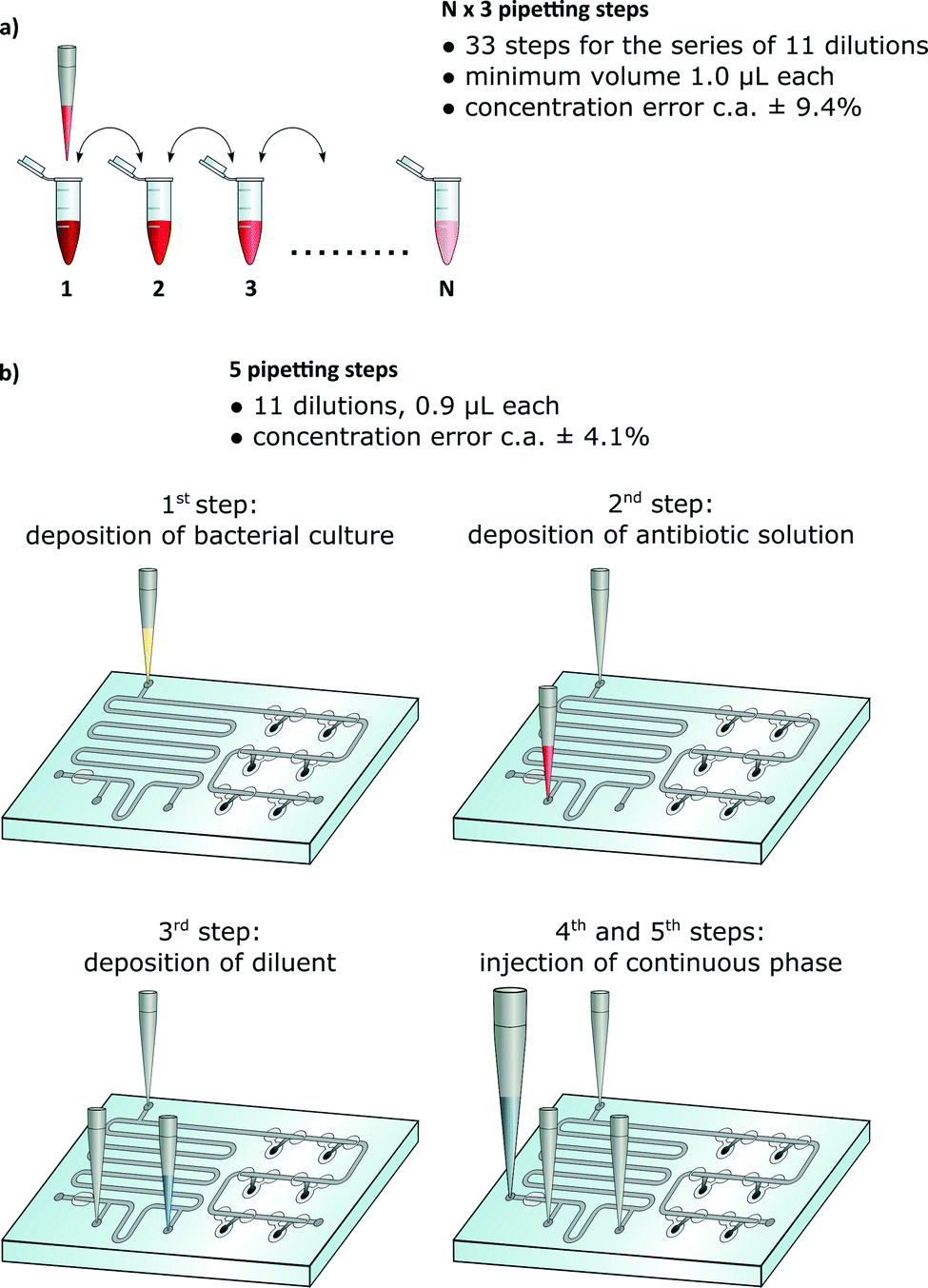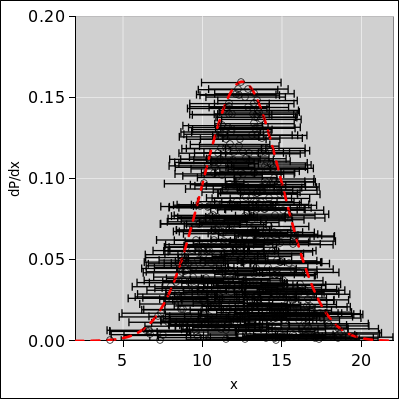Serial Dilution Sources Of Error In Measurement Physics

Usual handling of measurement Up: Uncertainty in physics and Previous: True value, error and Contents Sources of measurement uncertainty It is worth reporting the.

Errors in Measurement in Research Methodology Errors in Measurement should be precise and unambiguous in an ideal research study. This objective, however, is often not met with in entirety. As such the researcher must be aware about the sources of error in measurement.
 The following are the possible sources of error in measurement. • Respondent: At times the respondent may be reluctant to express strong negative feelings or it is just possible that he may have very little knowledge but may not admit his ignorance. All this reluctance is likely to result in an interview of ‘guesses.’ Transient factors like fatigue, boredom, anxiety, etc. May limit the ability of the respondent to respond accurately and fully. • Situation: Situational factors may also come in the way of correct measurement. Any condition which places a strain on interview can have serious effects on the interviewer-respondent rapport.
The following are the possible sources of error in measurement. • Respondent: At times the respondent may be reluctant to express strong negative feelings or it is just possible that he may have very little knowledge but may not admit his ignorance. All this reluctance is likely to result in an interview of ‘guesses.’ Transient factors like fatigue, boredom, anxiety, etc. May limit the ability of the respondent to respond accurately and fully. • Situation: Situational factors may also come in the way of correct measurement. Any condition which places a strain on interview can have serious effects on the interviewer-respondent rapport.
For instance, if someone else is present, he can distort responses by joining in or merely by being present. If the respondent feels that anonymity is not assured, he may be reluctant to express certain feelings. • Measurer: The interviewer can distort responses by rewording or reordering questions. His behaviour, style and looks may encourage or discourage certain replies from respondents. Turnitin crack version of idm. Careless mechanical processing may distort the findings.
Errors may also creep in because of incorrect coding, faulty tabulation and/or statistical calculations, particularly in the data-analysis stage. • Instrument: Error may arise because of the defective measuring instrument. The use of complex words, beyond the comprehension of the respondent, ambiguous meanings, poor printing, inadequate space for replies, response choice omissions, etc. Are a few things that make the measuring instrument defective and may result in measurement errors. Another type of instrument deficiency is the poor sampling of the universe of items of concern. Researcher must know that correct measurement depends on successfully meeting all of the problems listed above. He must, to the extent possible, try to eliminate, neutralize or otherwise deal with all the possible sources of error so that the final results may not be contaminated.